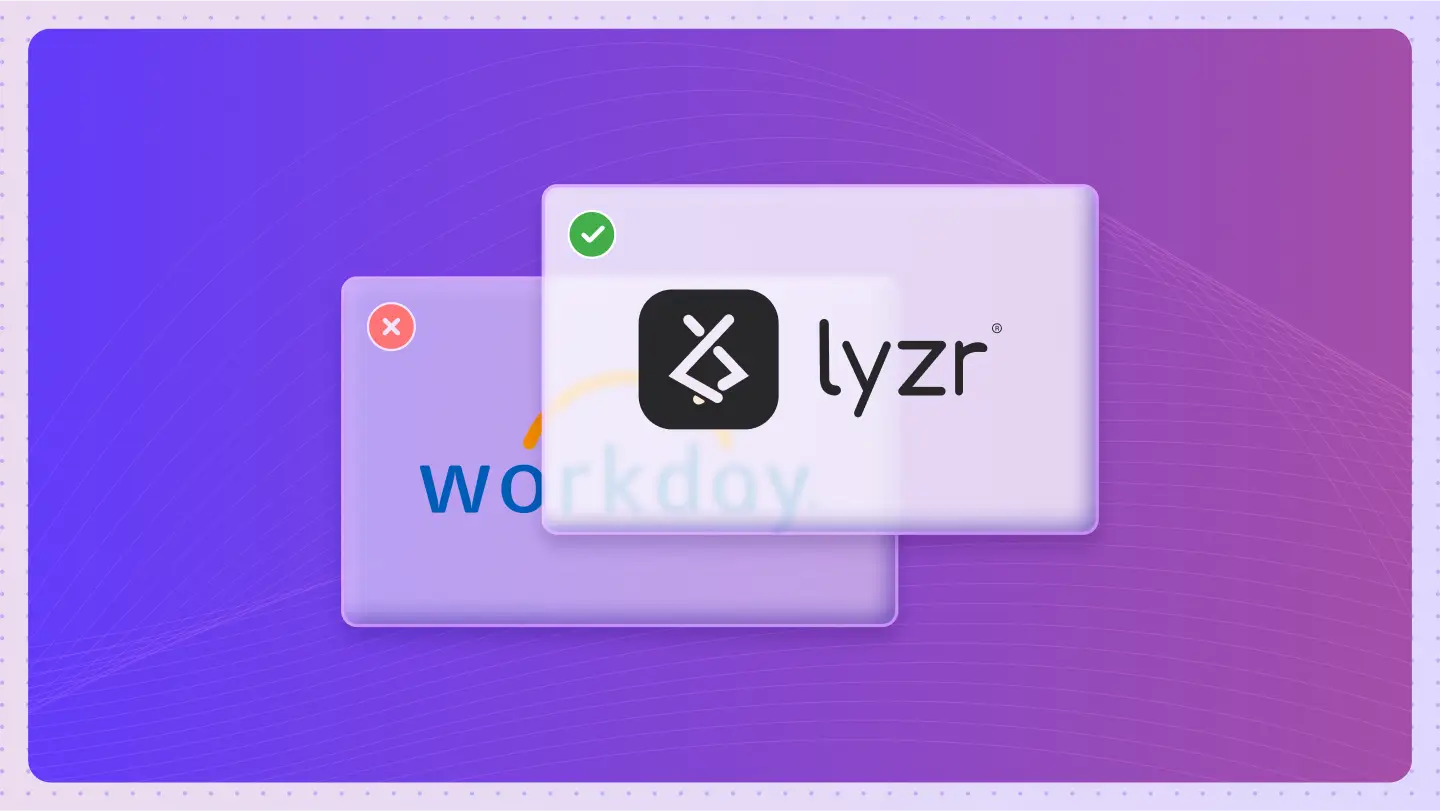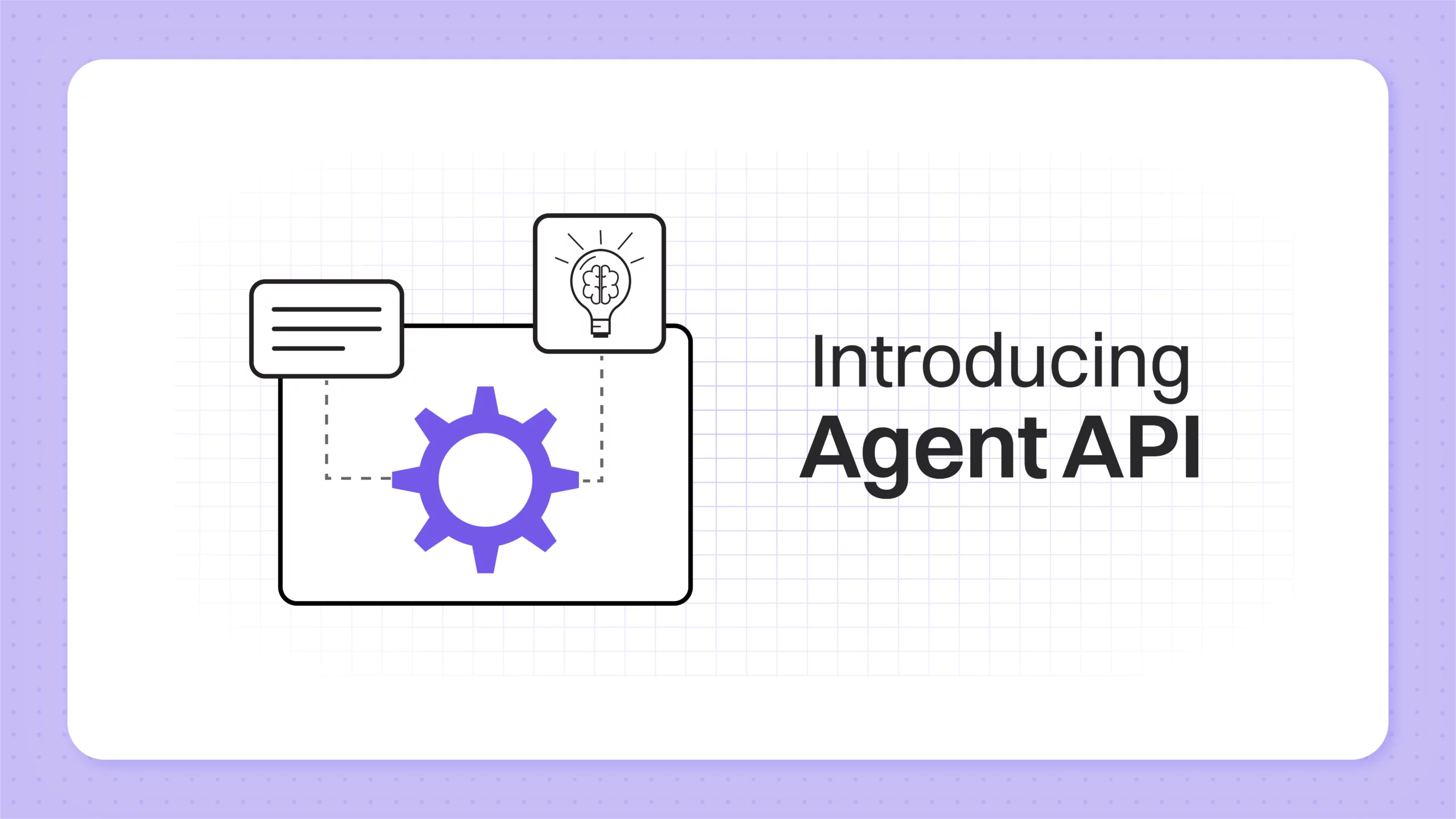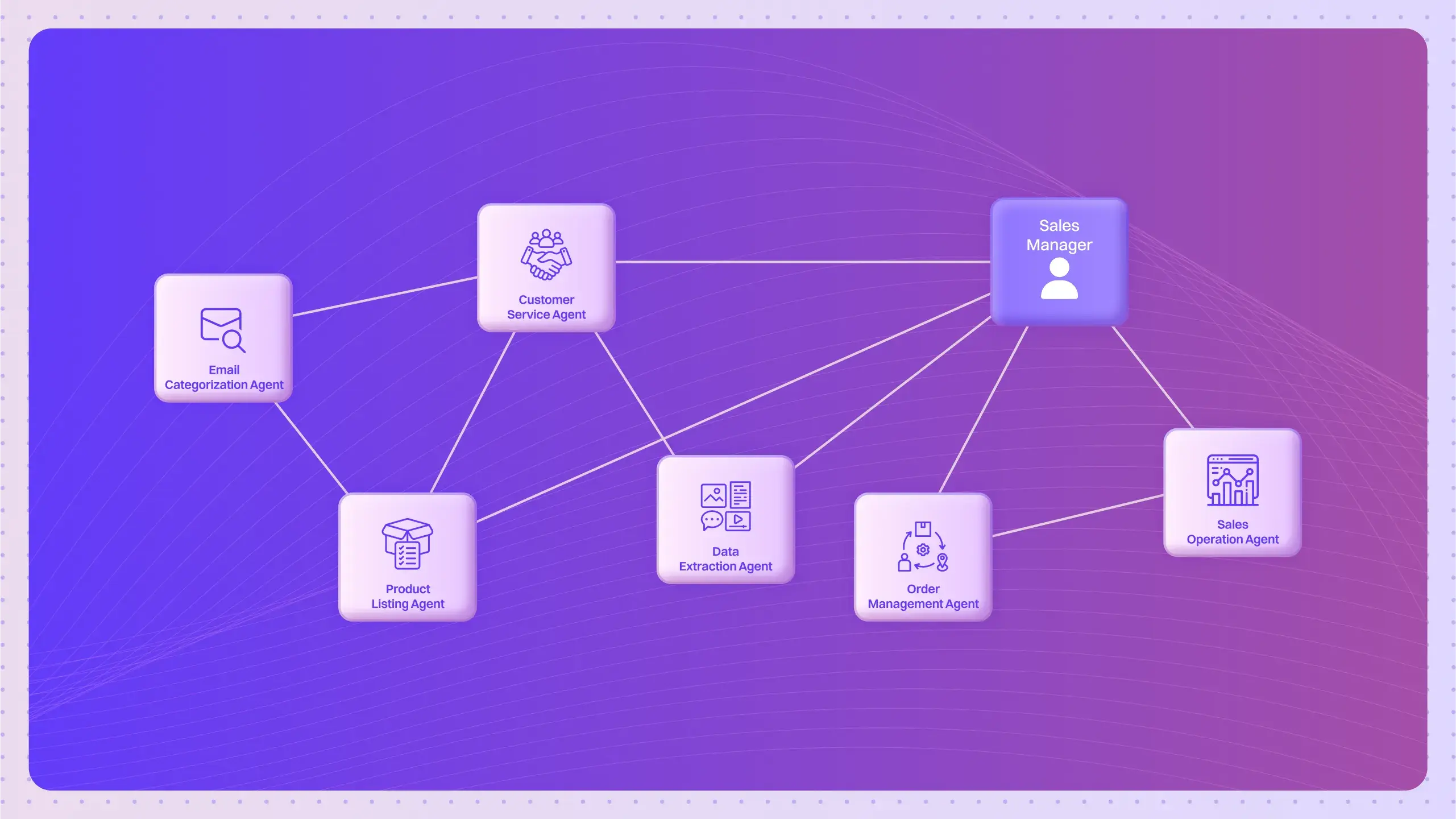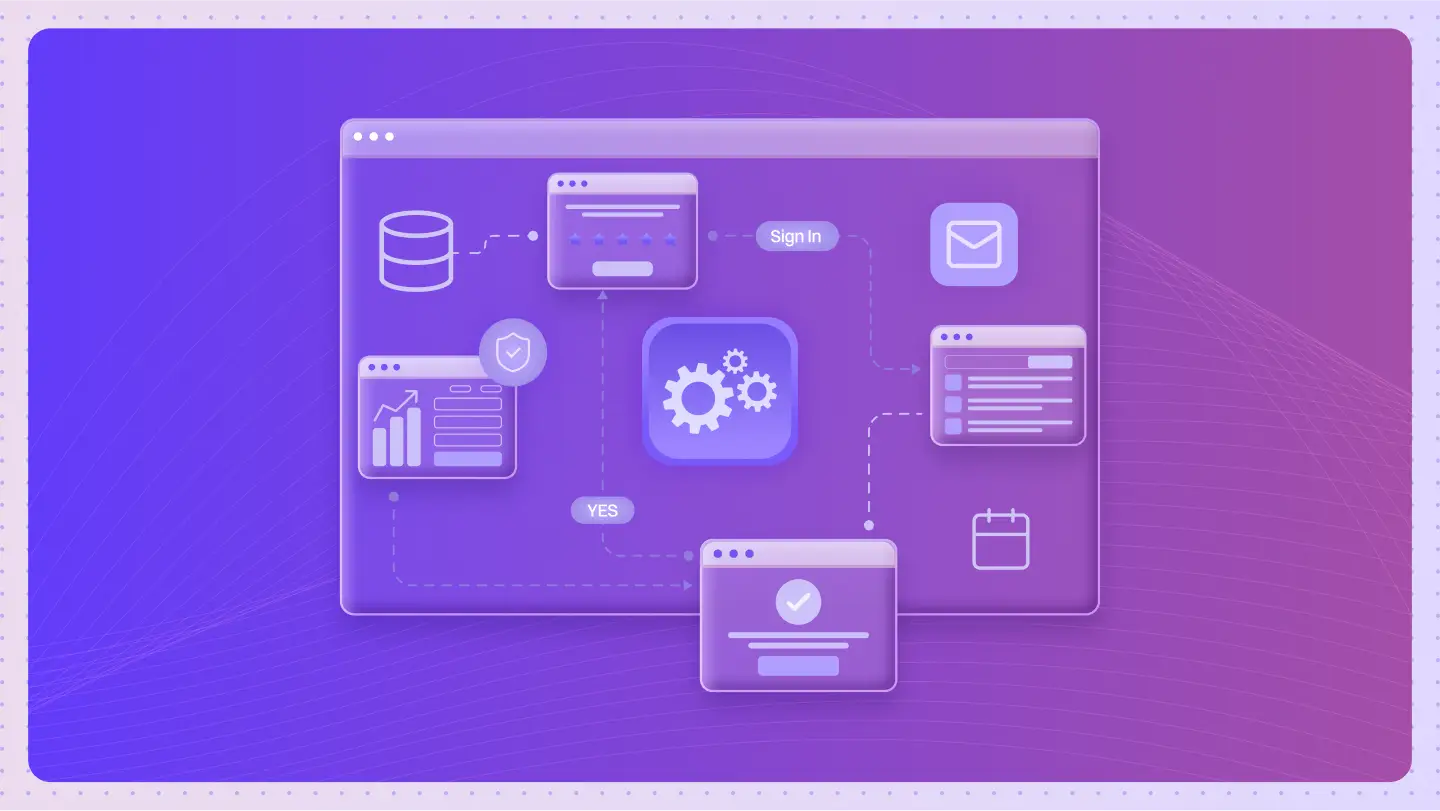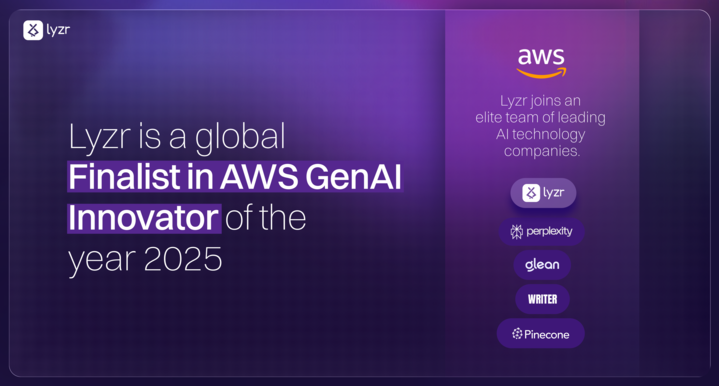Table of Contents
ToggleBack in 2024, our platform relied on Agent APIs to build and deploy AI agents. That approach worked well for its time, but it also shaped how we thought about agent design and the role APIs could play in scaling automation.
Since then, we’ve come a long way.
With the launch of Lyzr Agent Studio, building AI agents has become faster, simpler, and more flexible, opening up possibilities that weren’t achievable before.
But if you’re interested in looking at how we were building agents earlier, this article takes you through that journey.
Here’s the story of what we built, why we built it, and how the process actually looked before the platform was revamped.
What is Agent API?
The AI Agent API (often called “agents API” or “AI agent APIs”) is what developers use to build and embed AI agents into apps, websites, or SaaS products. From AI sales agents to workflow automation, the API provides reliable ways to integrate agents into real systems.
Benefits of Agent API
The Agent API offers a range of benefits for users, including:
- Granular control over the agent, enabling the creation of reliable agentic software systems
- Ability to build and embed AI agents in devices and applications
- Can be used to develop smart devices, apps, websites, and enterprise SaaS
- Can perform tasks in the background of any digital experience or as a user-facing assistant
- Enables the creation of complex applications that can interact with various data sources
In short, the AI Agent API isn’t just about features, t’s about turning concepts into deployable products faster. Whether it’s a sales agent that books meetings automatically or an AI assistant inside enterprise SaaS, the API lets teams launch agents quickly.
Challenges in Deploying AI Agents Without a Robust API
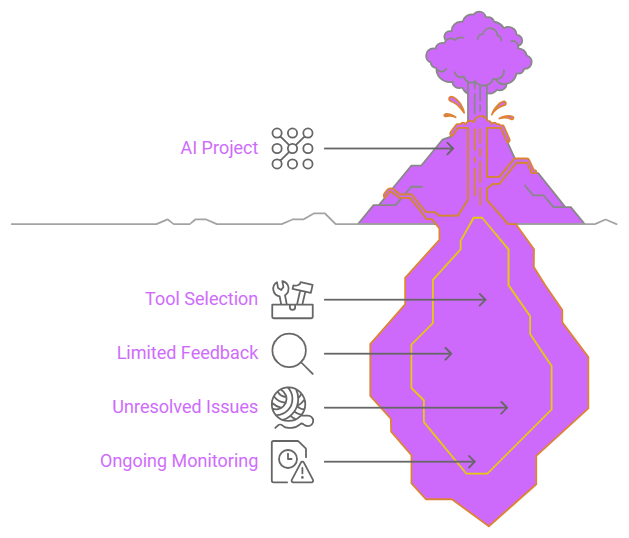
- Planning Stage: Selecting the right tool is crucial, and effective communication with your team is key. Misalignment here can lead to setbacks later on.
- Initial Rollout: Launching a limited number of automated cases is promising, but restricting the AI agent to a small group of customers may hinder the ability to collect meaningful feedback for enhancements.
- Scaling Phase: The aim is to broaden the AI’s capabilities, but unresolved initial issues can create challenges that frustrate both your team and users.
- Ongoing Maintenance: It’s vital to keep the AI updated. However, once stability is achieved, it’s easy to neglect ongoing monitoring, which can result in outdated features. Effective error handling is crucial to ensure that any issues are promptly identified and resolved, maintaining the agent’s reliability.
Build Secure AI Agents with Lyzr Agent Studio
What is the Lyzr Agent API? It is a flexible and modular framework designed for building role-based agents powered by large language models (LLMs). It helps developers create both chatbots and task automation systems, enabling agents to either have live conversations or manage complex tasks that involve multiple steps.
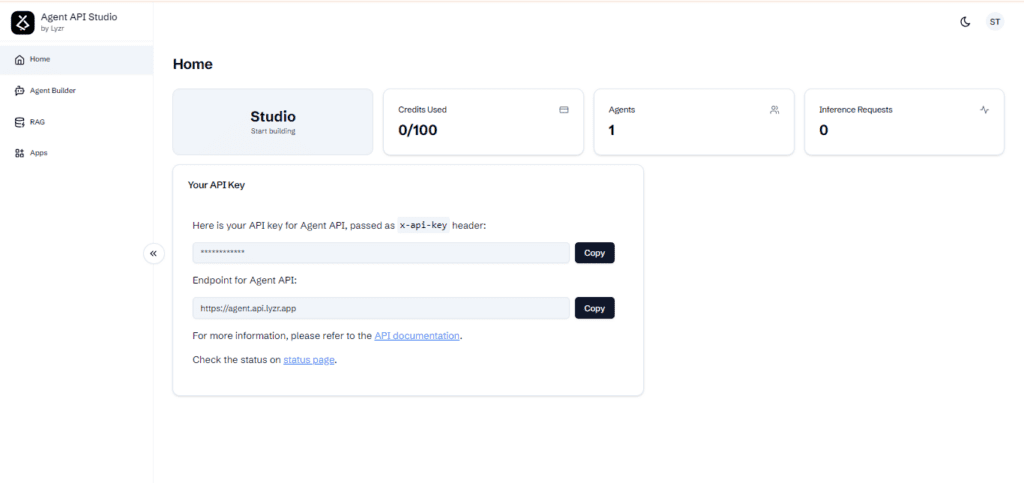
Key Components of the Lyzr Agent API
1. Environment:
The Environment defines the operational space in which the agent functions. User authentication ensures that only authorized users can interact with the agent, enhancing security and control. It sets up the modules, tools, and features that the agent will have access to, ensuring that the agent operates within the right context.
Think of it as the workspace for the agent token, where all necessary resources and tools are available for it to perform its tasks effectively.
This component allows developers to configure everything the agent needs in advance, ensuring smooth operations whether for real-time interactions or long-running processes.
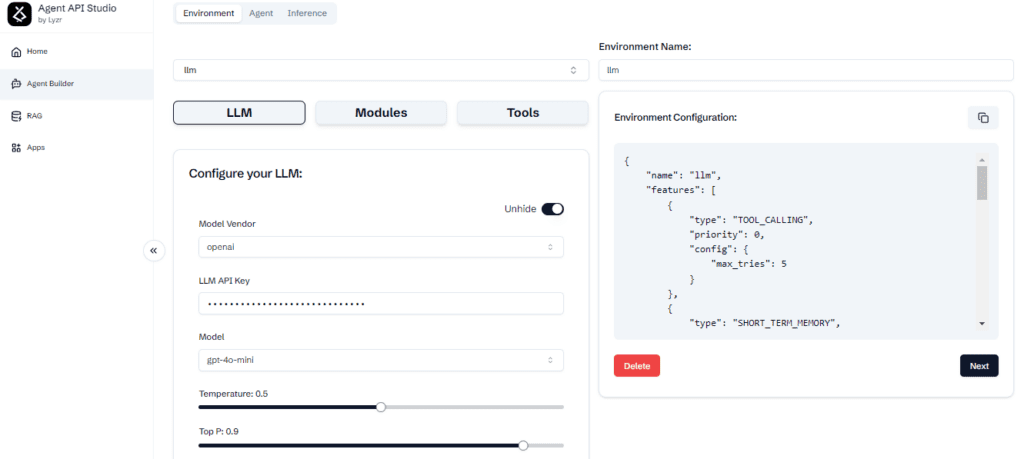
2. Agent:
The Agent is the main entity that interacts with the environment and users. It is a description of the agent’s behavior and capabilities and developers configure key elements such as the agent’s name, persona, system prompts, and behavior guidelines.
For instance, an agent designed for automation will have different configurations, such as task-specific behaviors and operational boundaries, compared to one created for customer service, where the persona might be empathetic and conversational.
Additionally, settings such as response speed, memory management, and input-output parameters are defined during this setup, refining how the agent operates within its environment. The agent’s overall behavior and interaction style are tightly linked to these settings, shaping its effectiveness in fulfilling its intended purpose.
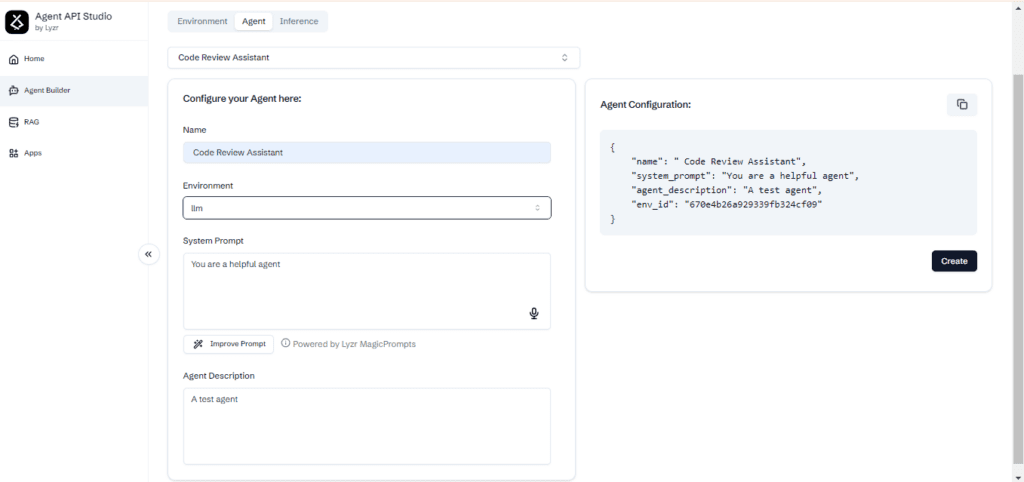
3. Inference (Task Management & Execution):
The Inference component powers the agent’s decision-making and processing capabilities using large language models (LLMs). It helps the agent understand inputs, perform real-time conversations, or execute long-running tasks that require multiple steps.
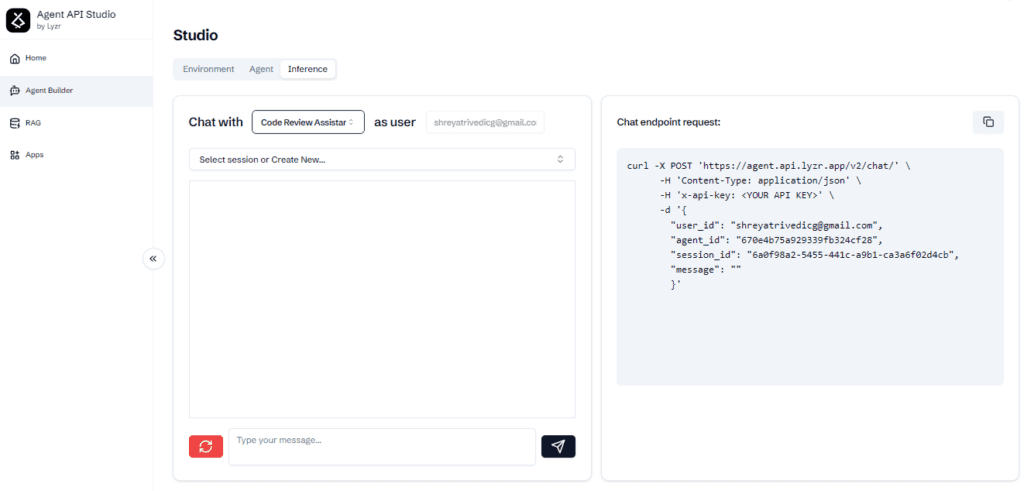
What Sets Us Apart?
✅ Quick Agent Launch: Create and customize AI agents in minutes. This easy process helps both startups and large companies start using AI without dealing with complex code.
✅ Developer-Friendly Design: Built for developers with clear guides, SDKs, and support. It gives you control and flexibility to integrate and manage agents easily.
✅ Wide Range of Automation: Automate tasks from market research to real-time chats. The API handles complex workflows, allowing agents to operate independently.
✅ Data Security Focus: Keep your data safe with private cloud or local deployment options. This ensures businesses stay compliant and secure.
✅ Advanced Monitoring and Multi-Agent Architecture: Deploy multiple agents across different domains with advanced monitoring tools. Track performance, analyze outputs, and ensure smooth operations as workloads grow.
Start Building in Just 3 Simple Steps
Step 1 : Set up your environment
Get started by configuring the API and linking any necessary databases or data sources.
Ensure that the correct API endpoint is configured to enable smooth communication between the agent and the server. This step ensures your agent has the right setup and resources to function properly.
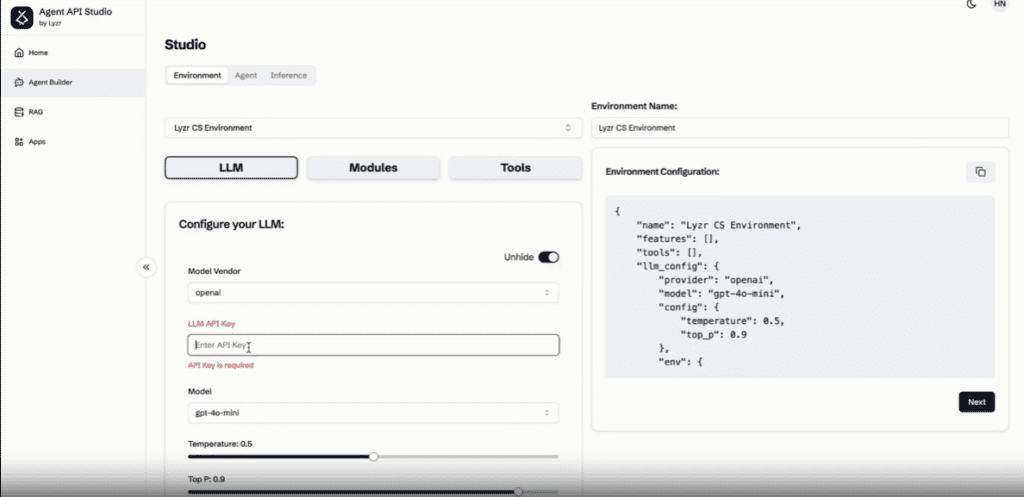
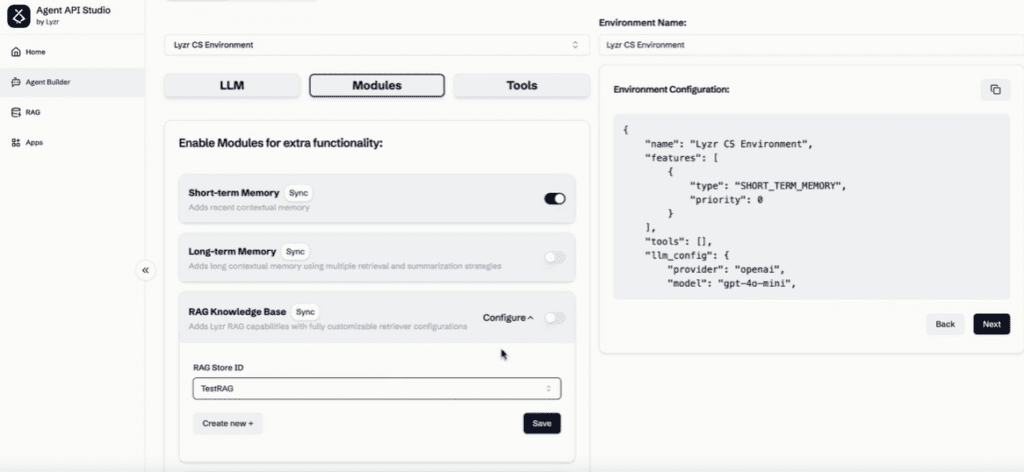
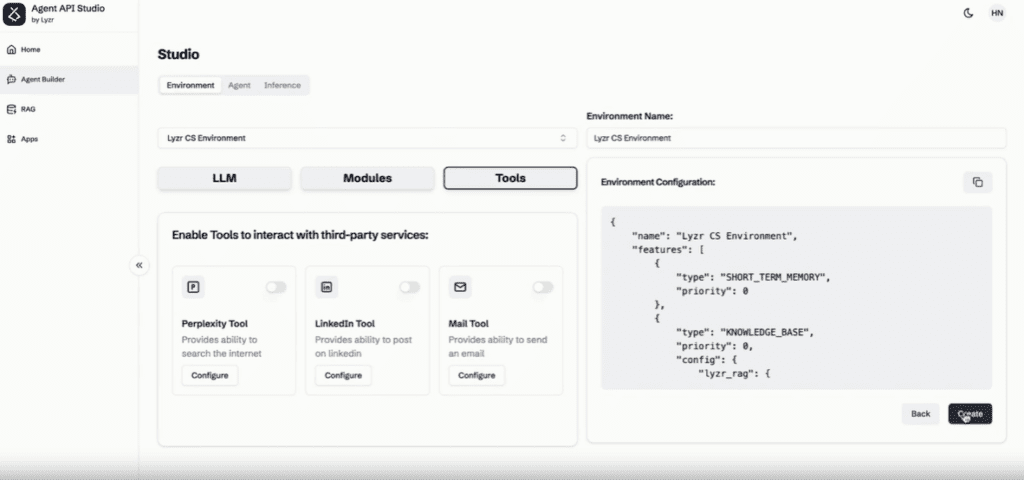
Step 2: Build your agent
Leverage Lyzr’s low-code platform to either customize pre-built agents or create entirely new ones. Workflow automation allows the agent to handle repetitive tasks efficiently, freeing up time for more complex activities.
This involves defining the workflows, selecting appropriate actions, and crafting tailored responses to align with the specific goals and tasks your agent will handle. (It can be considered as a method used to send a request to the agent, specifying the task to be performed.)
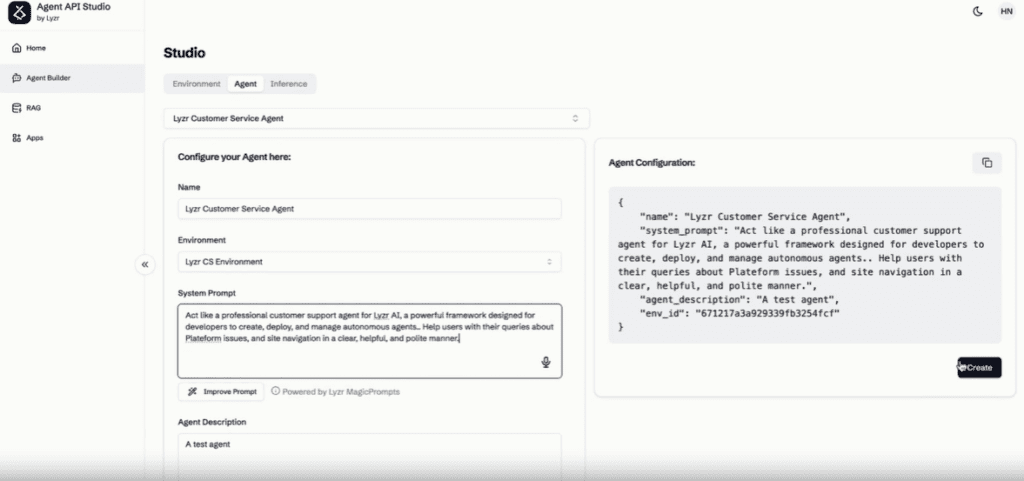
Step 3: Test and deploy
In the inference phase, test your agents thoroughly. Monitoring performance metrics is essential to ensure that the agent operates effectively and meets the desired outcomes. Agents can be deployed directly on the Agent-Studio Marketplace, enabling easy access and broader reach for users.
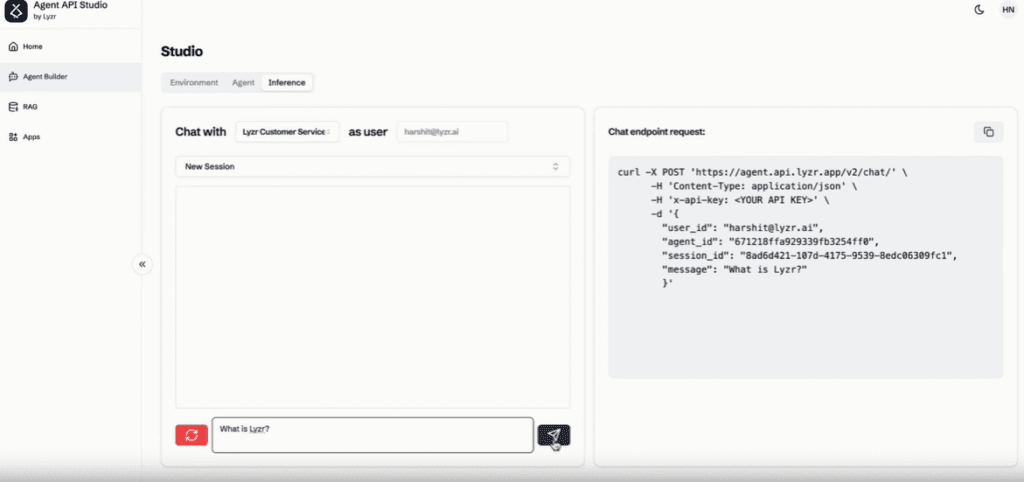
Use Case Example: Unbiased, Personalized News Agent
Problem Statement: People often face challenges when trying to find accurate, unbiased news. Many news platforms present information filtered through political, cultural, or social biases, making it hard for users to get a balanced view of current events.
Personalization algorithms further complicate things by reinforcing users’ pre-existing beliefs, creating echo chambers that limit exposure to diverse perspectives. As a result, finding fact-checked and neutral news without bias is a constant struggle for users who want to stay well-informed.
Ensuring data privacy is crucial when handling sensitive information, and the agent is designed to protect user data at all times.
Build agents with Lyzr agent api studio: This agent delivers fact-checked, neutral news from multiple reliable sources. It avoids bias by cross-verifying facts and provides a balanced view of current events. Users receive personalized updates based on their preferences, but without any political or cultural filtering, ensuring an honest and comprehensive news experience. The goal is to keep users informed with accurate and impartial information, helping them form their own opinions.
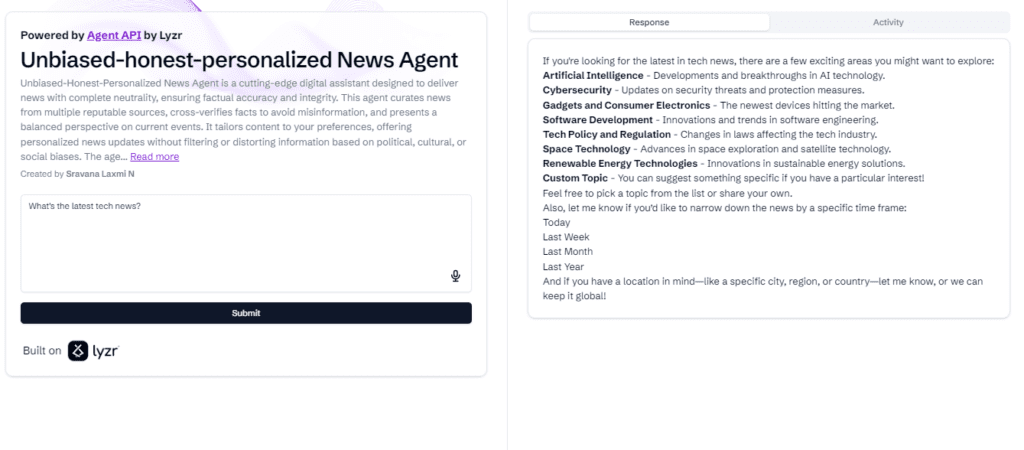
Ready to Simplify AI Agent Development with Lyzr?
The Agent API approach played an important role in shaping how we built AI agents in the past. It gave developers flexibility and control, but it also highlighted the need for a more streamlined, scalable, and secure way of working.
That’s why we’ve moved beyond APIs into Lyzr Agent Studio, a complete platform that makes it easier to design, deploy, and manage AI agents at scale. We’ve come a long way since those early builds, and today the process is faster, simpler, and built for real-world business needs.
Curious to see how AI agents are built now?
Explore the latest version of Lyzr Agent Studio and start building agents that are production-ready from day one.
Book A Demo: Click Here
Join our Slack: Click Here
Link to our GitHub: Click Here



